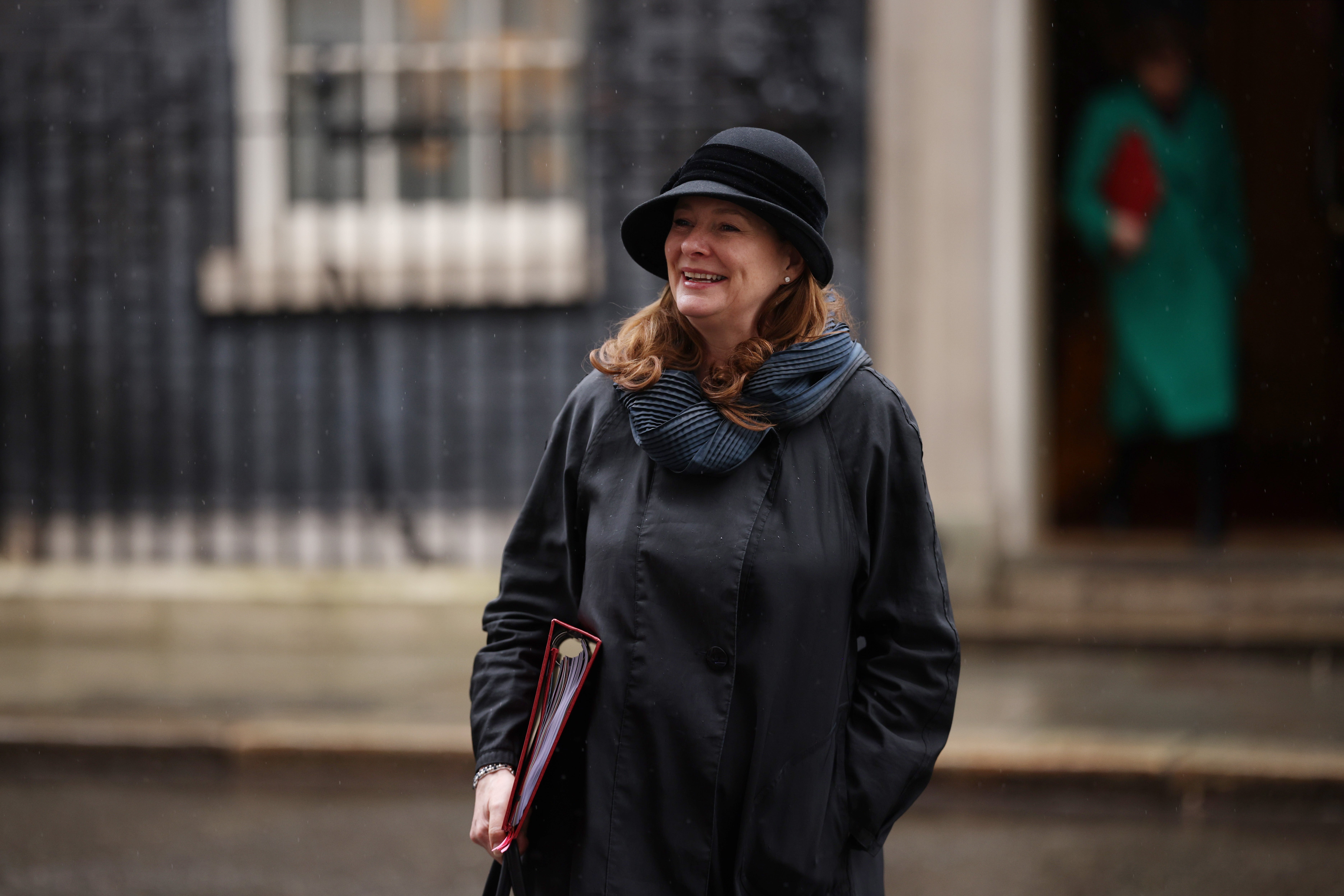This is how much it costs to be a working mother
I can’t afford to work full time, writes Rosamund Hall. My partner and I are both self-employed and the eye-watering cost of childcare would leave us with less than nothing after we’ve paid our monthly bills. Full-time nursery – plus wrap-around care – would set us back £1,600 per month


Every single day begins in the same way: I go downstairs to put the heating on, listening for the boiler to fire up; breathing my daily sigh of relief that it’s not conked out again – at £250 a time to fix, it’s something that we can’t afford to have happen.
My partner, meanwhile, cracks on with nappy changes, dressing our boisterous two-year-old and playing “hiding under the covers”, while I make breakfast. The mornings are better now it’s light at 6.30am. Everything feels so much harder when it’s still dark.
I feel like Mummy Bear: getting the porridge bowls out of the dishwasher from the day before, lining them up in their places before I start preparing our breakfast, each of them slightly different. This aching monotony used to make me feel so frustrated. I couldn’t understand how I’d gone from a “footloose and fancy-free” woman with a buzzing career – only answerable to myself – to living a day-to-day life punctuated by inputs (food for my child) and outputs (this should be obvious).
Everything stripped back to the basic essence of living. Keeping my child fed, hydrated, warm and entertained, all in the safety of a loving home. And then there are the shocking costs.
The reality is that I can’t afford to work full-time. My partner and I are both self-employed and the eye-watering cost of childcare would leave us with less than nothing after we paid our monthly bills. Full-time nursery – plus wrap-around care – would set us back £1,600 per month.
This is before we’ve even paid any other essential household expenditure, let alone fed ourselves – it is simply not feasible. We all know there’s a cost of living crisis – and affordable childcare provision in this country is a joke.
The secretary of state for education, Gillian Keegan, says a new childcare package, which will be rolled out in April, will help mothers like me afford to work again. It all sounds so easy, but the reality is quite different. Where I live in the southeast of England, there are staggering waiting lists for nursery places. Funded places are being restricted. If we are lucky, we’ll secure a place for part-time care in September, but nothing is guaranteed.
I am a highly educated and driven woman, yet I’ve had to come to a personal acceptance that my career is progressing at a slower pace than I would like at this stage in my life. Unfortunately, it just doesn’t make sense to be working full-time, to then spend all the money I make on someone else taking care of my child.
Prior to having a baby, I had been a middle-income earner, but that changed sharply due to a combination of pregnancy, being self-employed and the Covid-19 pandemic. Not to mention eating through my savings during my maternity leave, as statutory maternity pay covers very little at just £151.97 per week.
My partner and I “tag-team” on childcare, with the bonus being we get to spend more time with our son in his formative years. But on the days when the routine seems so dull – and I struggle to find hope for my future career – I have no choice but to try to enter a state of acceptance.
It might sound strange, but I’ve been consciously attempting to transcend into a peaceful meditative state to remind myself that this is a brief window of time. I recently watched Wim Wenders’ masterpiece Perfect Days, on Netflix, and in the words of the character Hirayama I’ve been trying to embrace the mantra, “now is now”.
Last week, for example, I spent 15 whole minutes staring at a ladybird with my son. I didn’t get distracted, frustrated or check my phone once. Finding peace and beauty in the everyday is the only way I think I can make it through this time.
I make a daily conscious effort to see the world through my son’s eyes. I love imagining what it feels like to experience things for the first time – and this springtime is no different. It’s too easy to overlook the signs of growth: the bulbs that we planted in the autumn have come up in the pots in our small courtyard; I wave at a neighbour every morning from my kitchen window (she told me that seeing me first thing in the morning is a vital part of her routine – she misses me when I’m not there). I find peace in these gentle daily interactions.
I’m trying to remain optimistic for the future. I’m praying for change – real change; change that means we shouldn’t have to face financial ruin for trying to work and provide for our kids.






Join our commenting forum
Join thought-provoking conversations, follow other Independent readers and see their replies
Comments